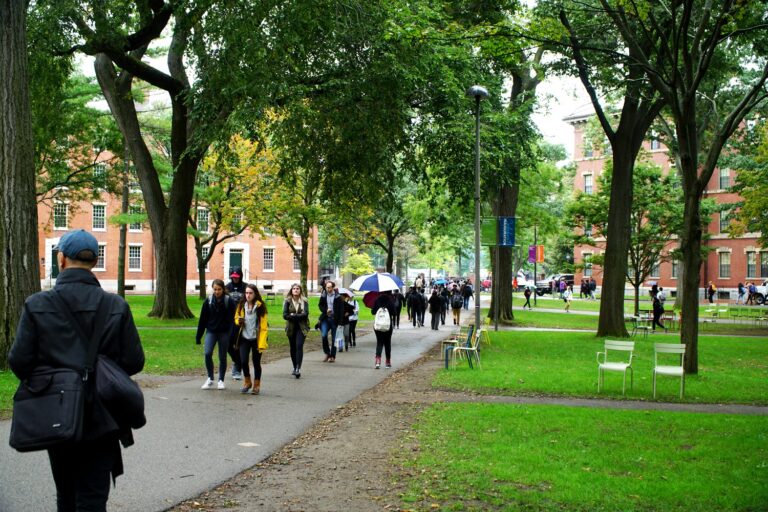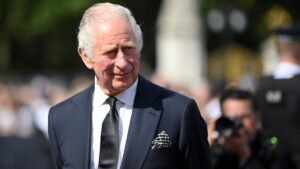U.S. President Donald Trump on Wednesday issued a sweeping order suspending the entry of foreign students seeking to study or participate in exchange programs at Harvard University, citing national security risks and what he described as the school’s “extensive entanglements” with foreign governments.
In a presidential proclamation released by the White House, Trump declared it “detrimental to U.S. interests” to continue admitting foreign nationals to the Ivy League institution, accusing Harvard of noncompliance with federal authorities and of “flouting the civil rights of its students and faculty.”
“Considering these facts,” Trump stated, “I have determined that it is necessary to restrict the entry of foreign nationals who seek to enter the United States solely or principally to participate in a course of study at Harvard University.”
The six-month suspension, which could be extended, also directs the Secretary of State to review and potentially revoke existing visas held by international students currently enrolled at Harvard. The order additionally bars new entrants under academic exchange programs affiliated with the university.
The proclamation marks a major escalation in the Trump administration’s ongoing clash with Harvard, which began earlier this year when the university resisted a series of federal demands. Most recently, a judge blocked an effort by the Department of Homeland Security to bar foreign students from campus—an order that had offered temporary legal protection for those affected.
In a swift response, Harvard condemned the proclamation, calling it “yet another illegal retaliatory step taken by the administration in violation of Harvard’s First Amendment rights,” according to Reuters. University officials pledged to defend their international students, stating: “We will explore all legal avenues to ensure our students can pursue their education without fear of unjust political interference.”
The White House insists the decision is grounded in national security concerns. Administration officials claim Harvard underreported security threats posed by foreign nationals and failed to cooperate adequately with the Department of Homeland Security (DHS). According to the proclamation, the university provided “deficient data on only three students” despite requests for broader disclosure.
The policy shift comes amid a wider crackdown by the Trump administration on academic institutions, particularly in response to rising campus activism and alleged security lapses. Earlier on Wednesday, the administration threatened Columbia University with the loss of accreditation over similar concerns. Trump has also renewed vows to limit visas for Chinese students, accusing them of espionage and spreading ideological extremism.
The suspension throws the future of thousands of international students into uncertainty. For the 2024–2025 academic year, nearly 7,000 foreign students were enrolled at Harvard, making up about 27% of the total student body.
The decision also follows a notable speech at Harvard’s recent graduation ceremony, where a Chinese student addressed growing geopolitical tensions and called for international unity—just days after Trump signaled plans to curtail Chinese student visas.
Legal experts anticipate a wave of challenges to the proclamation, as universities, civil rights groups, and immigration advocates brace for its impact on global academic exchange and institutional autonomy.



























